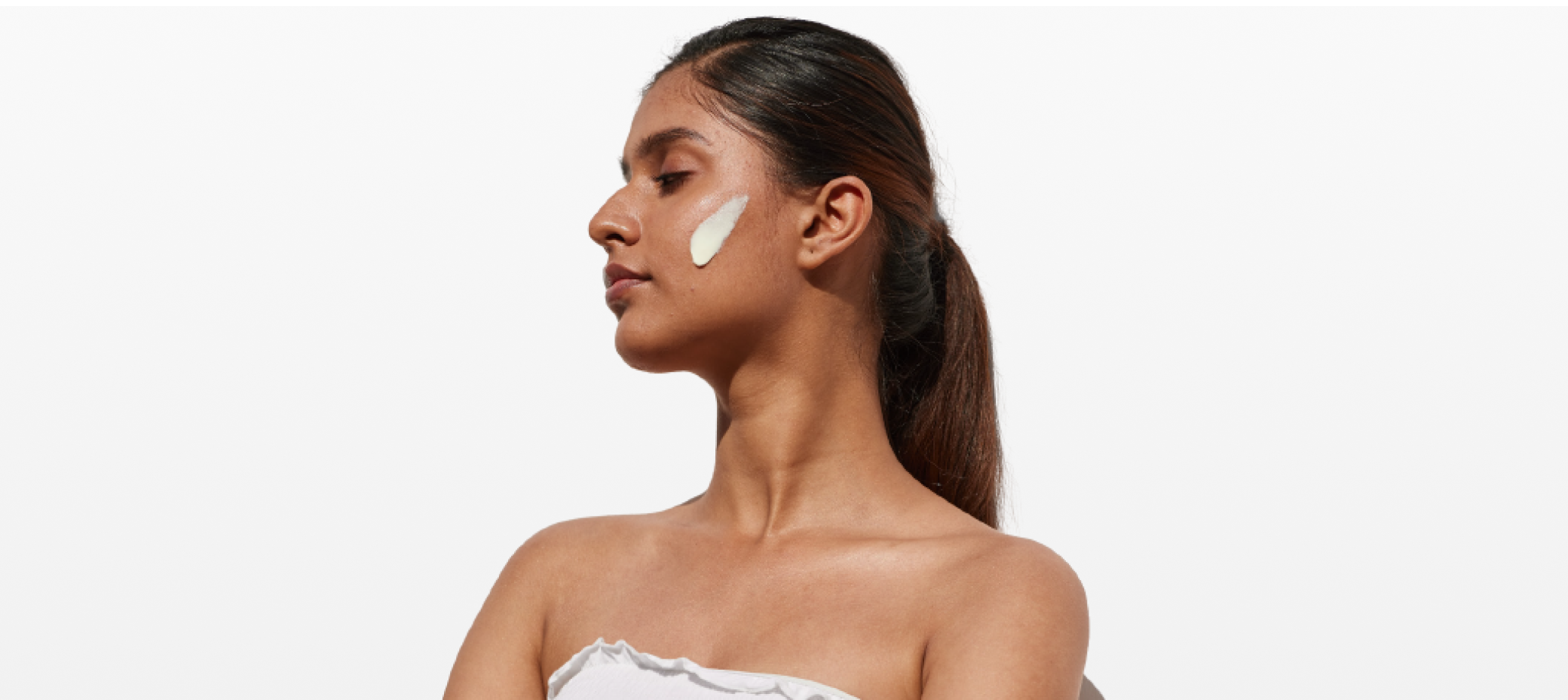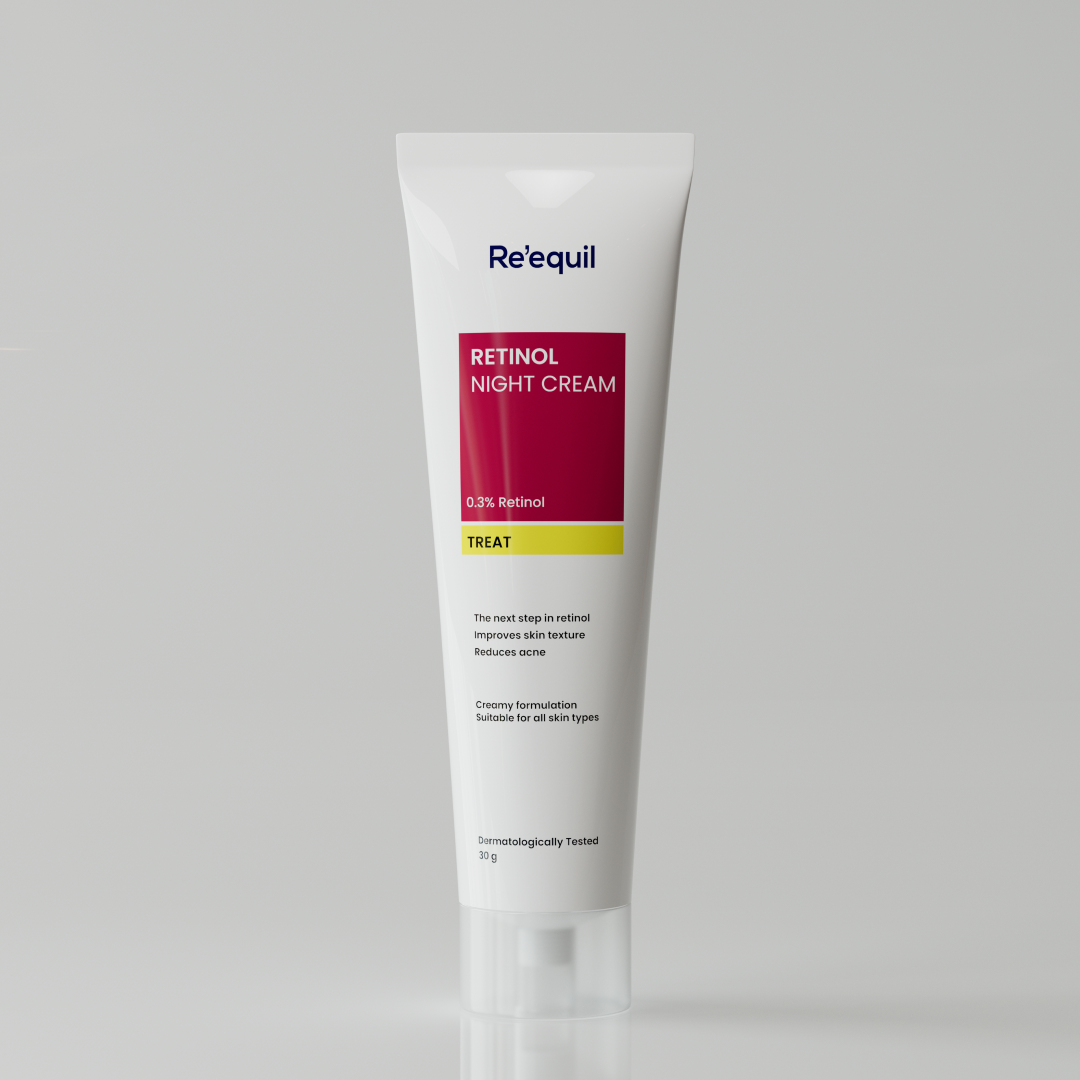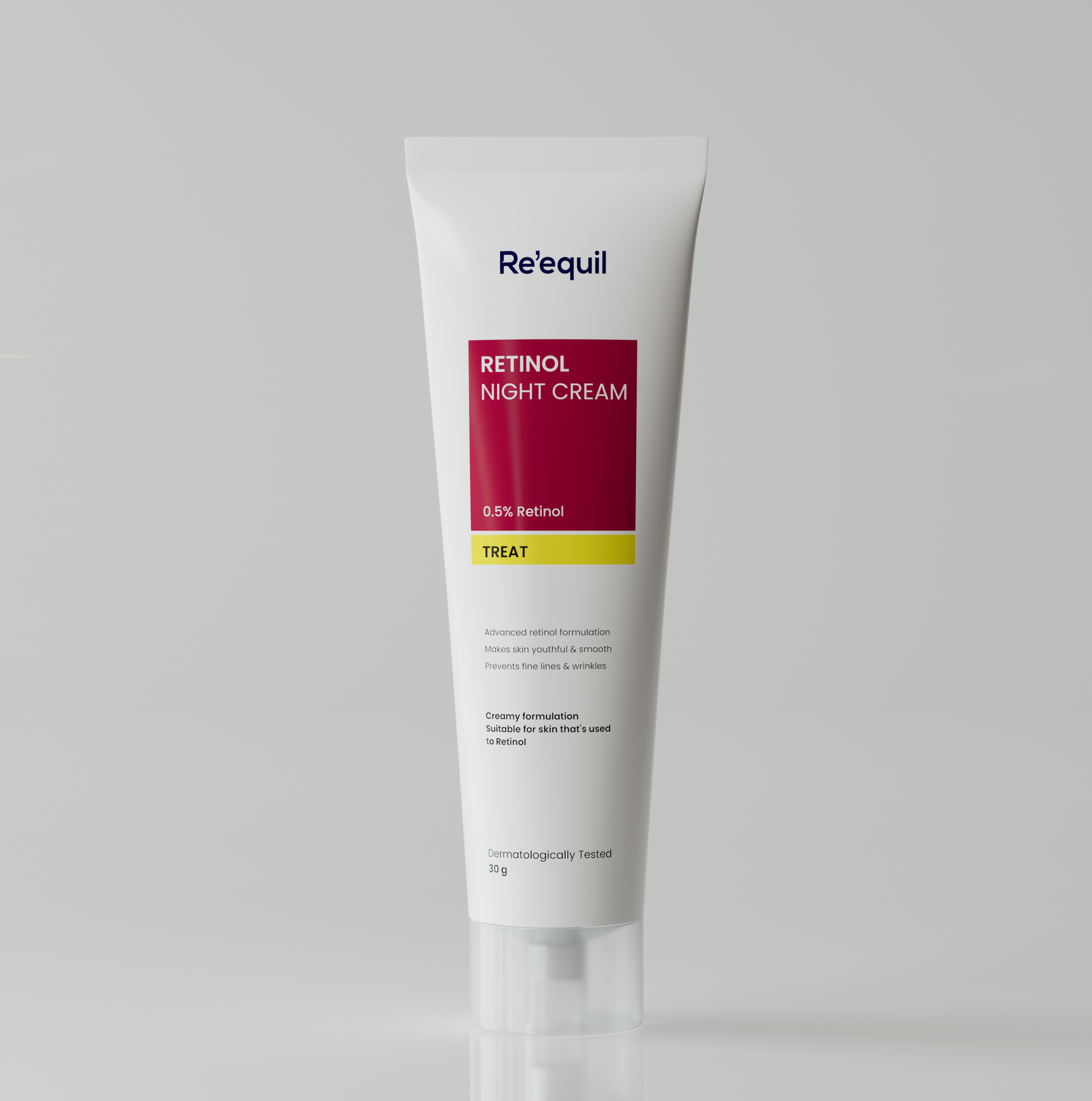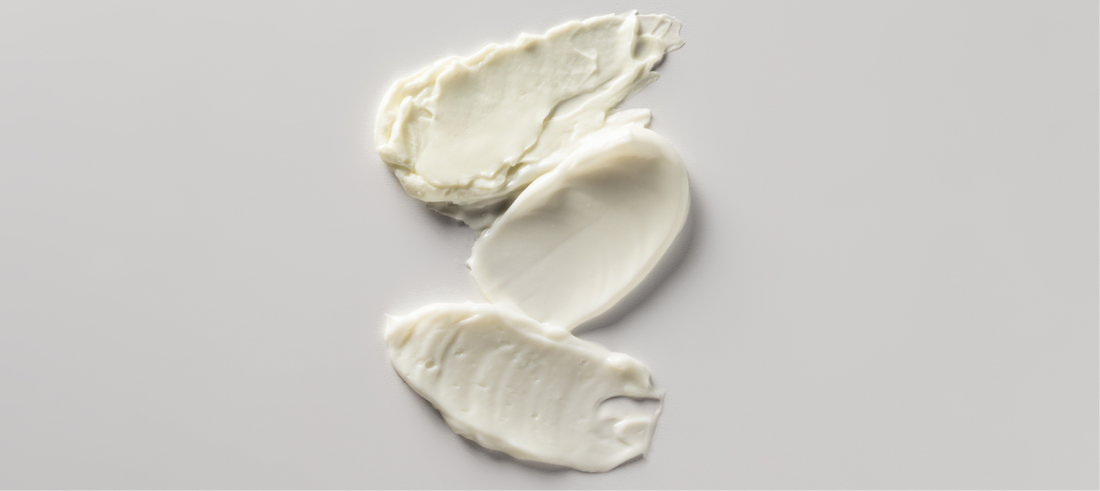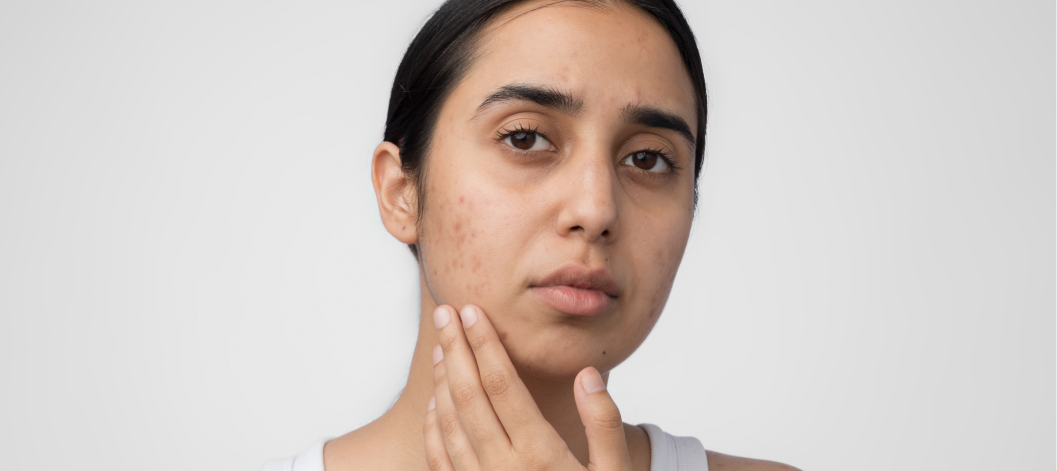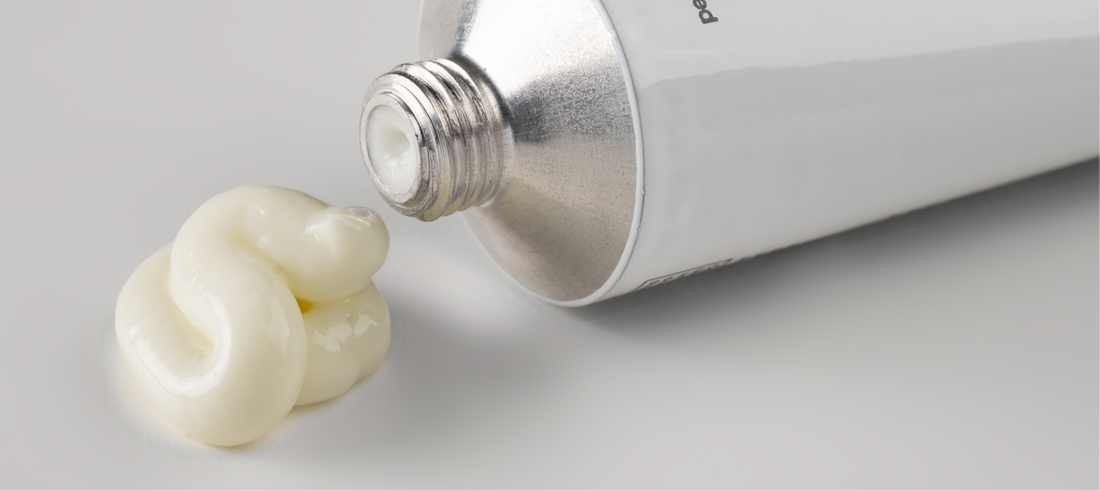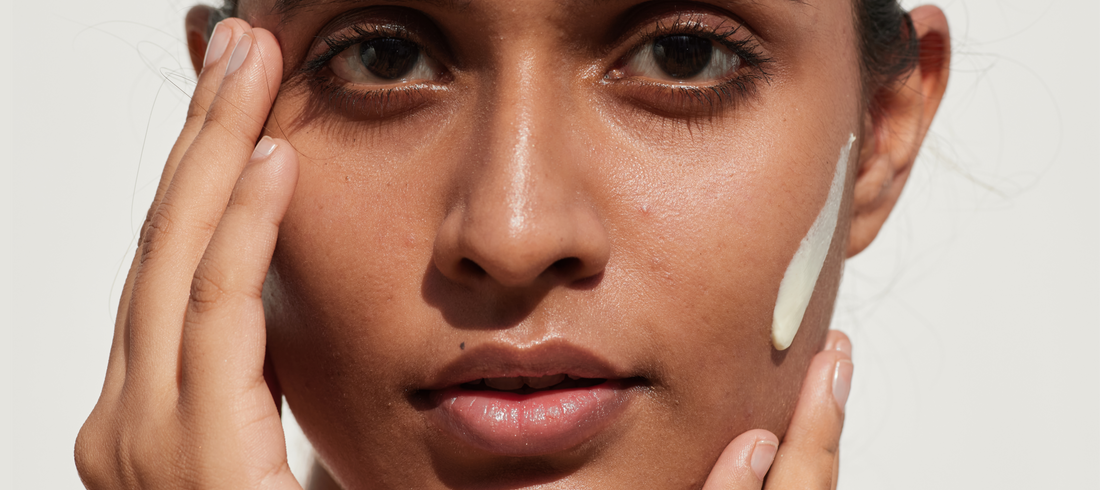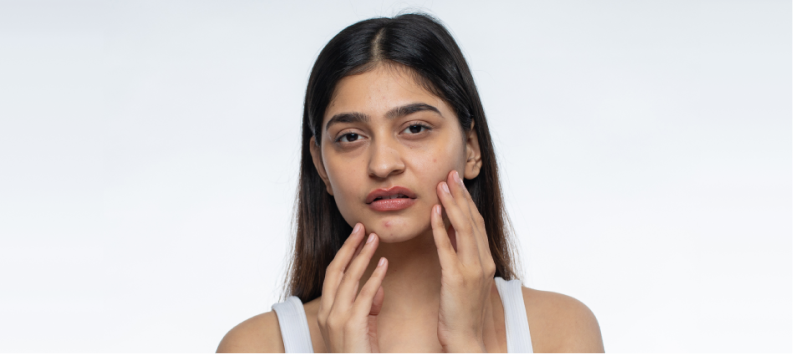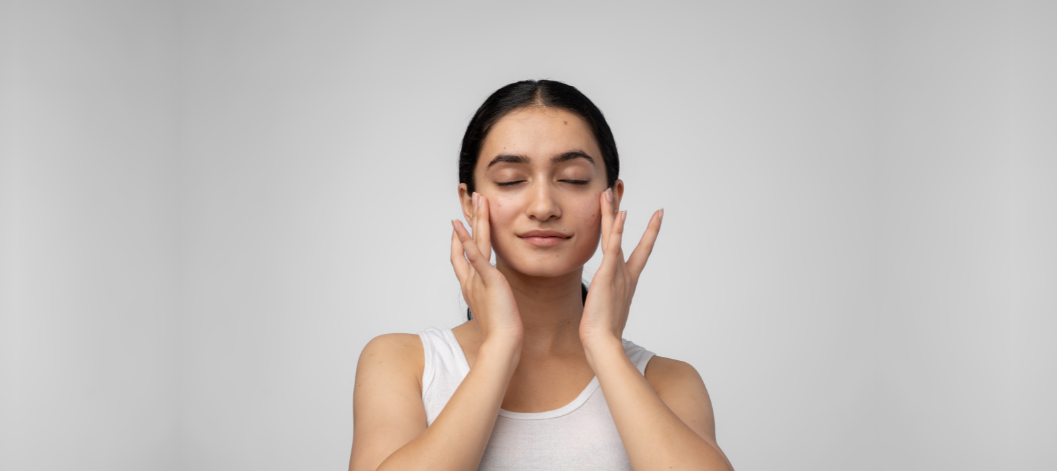Retinol, a vitamin A derivative, is renowned for its effectiveness in anti-ageing skincare.
Known for reducing wrinkles and rejuvenating the skin, this versatile ingredient activates a series of benefits when applied topically—enhancing skin texture, boosting firmness, and improving elasticity.
No matter your age, whether in your twenties, thirties, or beyond, your skin deserves the best care.
Let’s explore what is the right age to use retinol so that you can keep your skin at its best over time.
What are the advantages of using Retinol?
Retinol is a valuable addition to skincare that helps maintain youthful-looking skin.
Moreover, retinol products are available in various concentrations to suit different skin types and concerns, making it a versatile choice for skincare enthusiasts seeking visible and lasting improvements such as the following -
Boosts collagen production
Retinol stimulates the production of collagen, a protein that helps maintain the skin's structure and elasticity.
As we age, collagen production naturally decreases, leading to the formation of wrinkles and fine lines.
Retinol promotes the skin to produce more collagen, which is known to make the skin appear firmer, radiant and smoother.
Increases cell turnover
Retinol accelerates the rate at which your skin cells renew themselves.
This process, called desquamation, helps shed dead and damaged skin cells more quickly, revealing newer and healthier skin underneath.
Unclogs pores
Retinol helps unclog pores by preventing the formation of comedones (blackheads and whiteheads).
It regulates sebum production and reduces the stickiness of skin cells within the pores, making it an effective treatment for acne-prone skin.
Improves overall skin texture
Retinol can refine the skin's texture by reducing roughness and promoting a smoother surface.
This is especially beneficial for those dealing with acne scars or uneven skin tone.
Fades hyperpigmentation
Retinol can fade hyperpigmented areas, such as age spots, dark spots, sunspots and melasma.
This is done by inhibiting melanin production and promoting even skin tone.
What is the right age to start using Retinol?
Retinol addition into your skincare routine can be a transformative step towards achieving healthy, youthful-looking skin.
The timing of when to incorporate it depends on several factors, including age, skin type and skincare goals.
Here is a general guideline to help you determine when to start using retinol -
Using Retinol in your 20s - The foundational years
In your twenties, your skin is in its prime. Collagen production is at its peak, and your skin's natural renewal processes are firing on all cylinders.
The use of retinol in twenties is a matter of personal choice and depends on your individual skin concerns and goals.
Prevention is better than cure and moreover, there is never a wrong time to start the right skincare routine.
While your skin may still be youthful in your twenties, using retinol has scientifically proven to prevent the early signs of ageing, such as fine lines, loss of skin elasticity, acne outbursts and uneven skin tone.
If you have acne-prone skin or acne scars, utilising retinol can be a suitable option.
Pro-tip: In your twenties, your skin may still be relatively sensitive, so it is essential to start with a low concentration and gradually increase as your skin builds tolerance.
Retinol application in 30s - The proactive approach
As you enter your thirties, signs of ageing, such as fine lines and subtle loss of elasticity, may begin to appear.
This is the ideal time to introduce retinol into your regimen. Retinol can help to stimulate collagen production, increase skin cell turnover and prevent early signs of ageing from becoming more pronounced.
40s and beyond - Embrace the power of Retinol
In your forties and beyond, your skin's collagen production begins to decline, leading to more noticeable wrinkles and skin laxity.
Retinol becomes a valuable ally in your quest for youthful skin.
It can help significantly reduce the appearance of wrinkles, improve skin texture, and promote a radiant complexion.
Tailoring Retinol concentration for optimal results
The appropriate concentration of retinol in skincare products can vary, depending on individual skin types, concerns and sensitivity levels.
However, here are some general guidelines for retinol concentrations based on scientific standards.
Pro-tip - Initially, it's recommended to apply it only a few times a week and gradually increase frequency as your skin adapts.
Precautions you should take while using Retinol
Using retinol in your skincare routine can provide significant benefits for your skin, but it is essential to take certain precautions to ensure the best results and minimise potential side effects.
Patch test
Before applying retinol to your entire face, perform a patch test.
Apply a small amount of retinol behind the ear and wait for 24 hours to check for any adverse reactions, such as redness, itching or excessive dryness.
Use at night
Retinol should be applied at night because it can make your skin more sensitive to sunlight. Avoid using it during the daytime, and always wear sunscreen during the day to protect your skin from UV damage.
Limit sun exposure
Even with nighttime use, be cautious about sun exposure. Retinol can make your skin more vulnerable to UV radiation.
Sunscreen is your best friend when using retinol—especially the one enriched with organic sunscreen filters and bio-active compounds.
Moisturise
Retinol can make the skin feel dry, so it is essential to use a deep hydration moisturiser. Hydrating moisturisers enriched with niacinamide or ceramides can help retain moisture and reduce dryness often associated with retinol use.
Skip other active ingredients
Avoid using other potentially irritating skincare products such as alpha hydroxy acids (AHAs) and beta hydroxy acids (BHAs) on the same night as retinol. Overloading your skin with active ingredients can increase the risk of skin irritation and compromise your skin barrier function.
Avoid the eye area
Retinol can be too harsh for the delicate skin around the eyes. Use a specialised eye cream, enriched with power ingredients like chenopodium quinoa seed extract, lumiskin and sodium hyaluronate, to keep the under the eye area smooth, youthful and radiant.
Wrapping up
The right age to start using retinol in your skincare regimen is a decision influenced by individual factors and skin concerns.
While it is never too early to prioritise good skincare practices like sunscreen and moisturising, the incorporation of retinol typically becomes more relevant in one's mid-twenties or early thirties.
At this stage, retinol can help prevent the early signs of ageing, such as fine lines and texture irregularities, while also offering the potential to address acne-related issues and enhance overall skin health.
When it comes to retinol, we believe that starting at the right age, with the right product, can help you achieve and maintain timeless beauty.






